Filter by
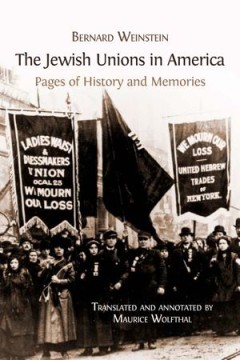
The Jewish Unions in America
"Newly arrived in New York in 1882 from Tsarist Russia, the sixteen-year-old Bernard Weinstein discovered an America in which unionism, socialism, and anarchism were very much in the air. He found a home in the tenements of New York and for the next fifty years he devoted his life to the struggles of fellow Jewish workers. The Jewish Unions in America blends memoir and history to chronicle this…
- Edition
- -
- ISBN/ISSN
- 9781783743551
- Collation
- -
- Series Title
- -
- Call Number
- -

Ordinary Jerusalem, 1840-1940 Opening New Archives, Revisiting a Global City
In Ordinary Jerusalem, Angelos Dalachanis, Vincent Lemire and thirty-five scholars depict the ordinary history of an extraordinary global city in the late Ottoman and Mandate periods. Utilizing largely unknown archives, they revisit the holy city of three religions, which has often been defined solely as an eternal battlefield and studied exclusively through the prism of geopolitics and religio…
- Edition
- -
- ISBN/ISSN
- 9789004375741
- Collation
- -
- Series Title
- -
- Call Number
- -
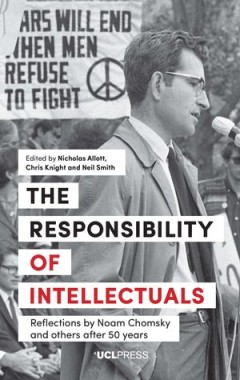
The Responsibility of Intellectuals
With the publication of ‘The Responsibility of Intellectuals’ half a century ago, Noam Chomsky burst onto the US political scene as a leading critic of the war in Vietnam. Privilege, he argues, brings with it the responsibility to tell the truth and expose lies, but our intellectual culture only pays lip-service to this ideal. The essay has been described as ‘the single most influential p…
- Edition
- -
- ISBN/ISSN
- -
- Collation
- -
- Series Title
- -
- Call Number
- 909.82 RES r

The Enemy Within: Homicide and Control in Eastern Finland in The Final Years …
This work explores the quantitative and qualitative development of homicide in eastern Finland in the second half of the eighteenth century and the early years of the nineteenth. The area studied comprised northern Savo and northern Karelia in eastern Finland. At that time, these were completely agricultural regions on the periphery of the kingdom of Sweden. Indeed the majority of the populatio…
- Edition
- -
- ISBN/ISSN
- 9789517464741
- Collation
- -
- Series Title
- -
- Call Number
- 909 KOS e
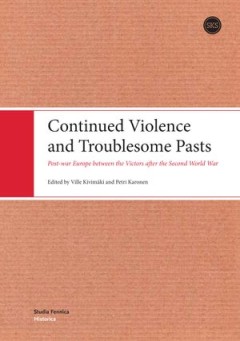
Continued Violence and Troublesome Pasts: Post-War Europe Between The Victors…
In most European countries, the horrific legacy of 1939–45 has made it quite difficult to remember the war with much glory. Despite the Anglo-American memory narrative of saving democracy from totalitarianism and the Soviet epic of the Great Patriotic War, the fundamental experience of war for so many Europeans was that of immense personal losses and often meaningless hardships. The anthology…
- Edition
- -
- ISBN/ISSN
- 9789522228574
- Collation
- -
- Series Title
- -
- Call Number
- 909.81
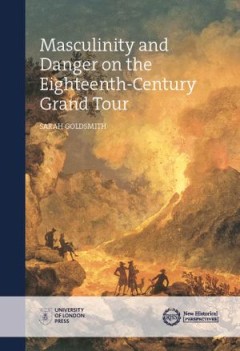
Masculinity and Danger on the Eighteenth-Century Grand Tour
The Grand Tour was a journey to continental Europe undertaken by British nobility and wealthy landed gentry during the seventeenth and eighteenth centuries. As a rite of passage, the Tour also played an important role in the formation of contemporary notions of elite masculinity. Examining letters, diaries and other records left by Grand Tourists, tutors and their families, this book demonstrat…
- Edition
- -
- ISBN/ISSN
- 9781912702220
- Collation
- -
- Series Title
- -
- Call Number
- -
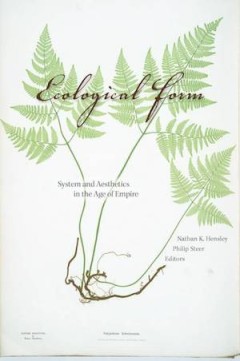
Ecological Form
Hensley and Steer look to join the conceptual tools of contemporary ecocriticism with the rich archive of nineteenth century thinking about imperial and ecological intertwinement. This collection of essays draws on that archive to demonstrate the relevance of Victorian thought for current theory and practice. Ecological Form argues that ecology, the empire, and literary thinking were inseparabl…
- Edition
- -
- ISBN/ISSN
- 9780823282128
- Collation
- -
- Series Title
- -
- Call Number
- -
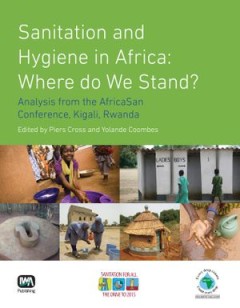
The Postcolonial African Genocide Novel: Quests for Meaningfulness
In The Postcolonial African Genocide Novel, Chigbo Anyaduba examines fictional responses to mass atrocities occurring in postcolonial Africa. Through a comparative reading of novels responding to the genocides of the Igbo in Nigeria (1966-1970) and the Tutsi in Rwanda (1990-1994), the book underscores the ways that literary encounters with genocides in Africa’s postcolonies have attempted to …
- Edition
- -
- ISBN/ISSN
- 9781800856875
- Collation
- -
- Series Title
- -
- Call Number
- -
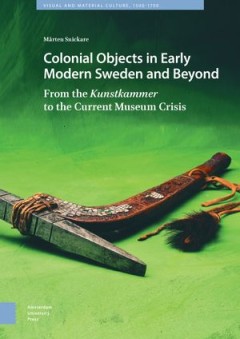
Colonial Objects in Early Modern Sweden and Beyond: From the Kunstkammer to t…
An elaborately crafted and decorated tomahawk from somewhere along the north American east coast: how did it end up in the royal collections in Stockholm in the late seventeenth century? What does it say about the Swedish kingdom’s colonial ambitions and desires? What questions does it raise from its present place in a display cabinet in the Museum of Ethnography in Stockholm? This book is ab…
- Edition
- -
- ISBN/ISSN
- 9789048554942
- Collation
- -
- Series Title
- -
- Call Number
- 808.84 SNI c
 Computer Science, Information & General Works
Computer Science, Information & General Works  Philosophy & Psychology
Philosophy & Psychology  Religion
Religion  Social Sciences
Social Sciences  Language
Language  Pure Science
Pure Science  Applied Sciences
Applied Sciences  Art & Recreation
Art & Recreation  Literature
Literature  History & Geography
History & Geography